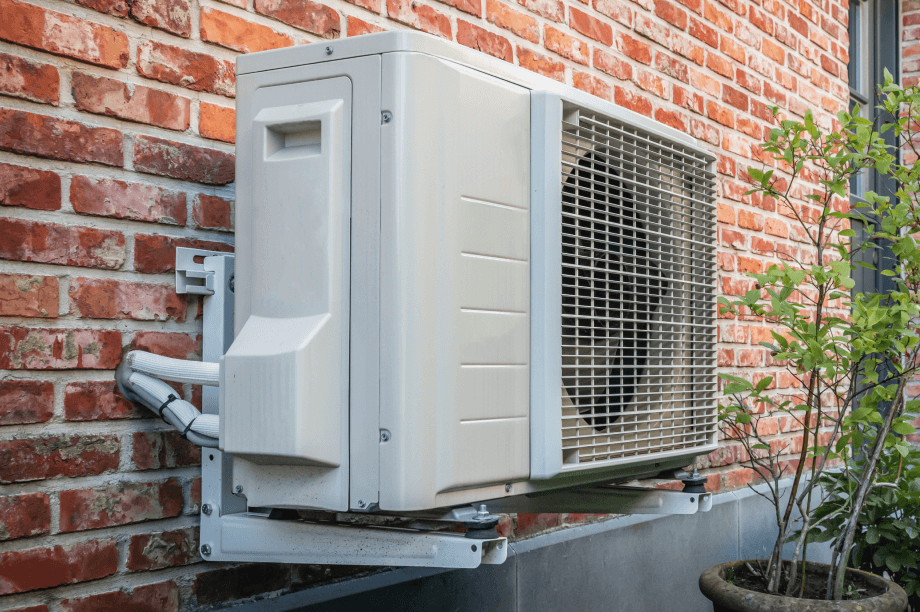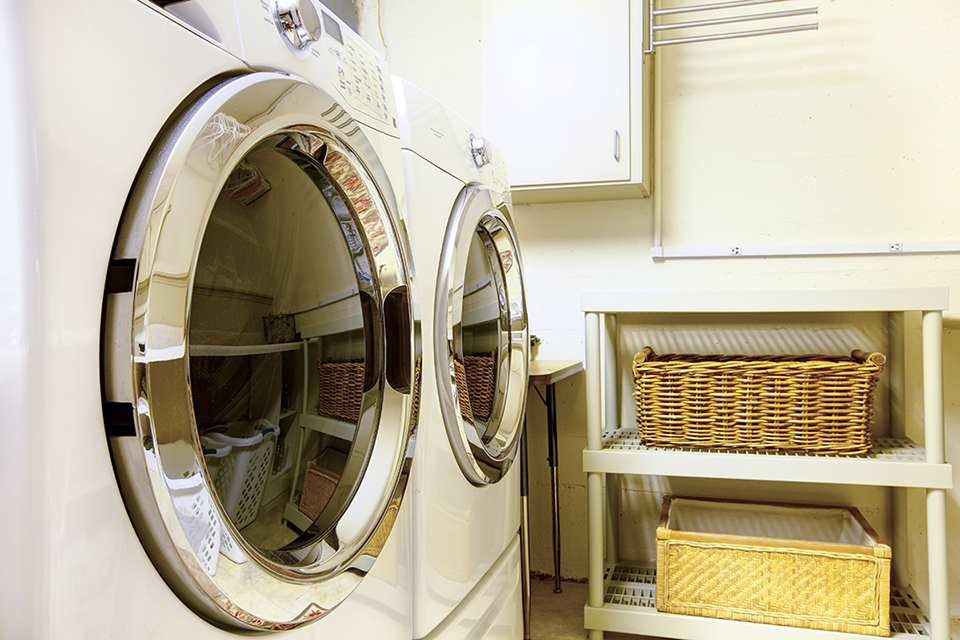
Buying Guide: What you need to know when buying a water heater
If your water heater is more than 10 years old, it may be time for a replacement. Don’t wait for your hot water to run out before considering and researching a replacement.
Before you consider which water tank is best for your home, think about the energy sources available to you because they’re not all compatible with every type of heater. Typically, storage tanks and solar water heaters work with electric, gas or oil energy sources, while tankless heaters require either electric or gas sources. Heat pumps, on the other hand, need electricity and can’t use gas or oil.
You’ll also need to think about water tank capacity. To do this, estimate how many gallons of hot water you use per hour. To ensure an accurate estimate, consider how many people live in your home and what time of day they use the most hot water. Then, look at the first hour rating (FHR) on the water tank that indicates how much hot water can be supplied in a one-hour period. Aim for an FHR that is within 1-2 gallons of your demand during peak hours.
We also recommend consulting a professional plumber about the hot water demands in your home before buying a water heater. A plumber can help you determine which product is best for you and can ensure you choose the right size for your needs.
And when exploring your options, make sure to look for the ENERGY STAR® symbol. On average, water heating accounts for 15 to 25 per cent of your household energy bill, so choosing an energy-efficient option can make a huge difference.
Here are some options to consider:
Storage tank water heaters
Storage tank water heaters store hot water in an insulated tank until the water is needed. The tank has a system of pipes that allows outgoing hot water to be replaced with cold water, so the tank is always full. Storage tank water heaters are constantly heated and regulated by a thermostat.
This is the most common type of water heater, largely because installation costs are relatively low, and the simple operating system requires little maintenance over time. Due to constant heating, however, these tanks experience standby heat loss, which means they use energy even when you’re not using hot water. To minimize heat loss, look for an ENERGY STAR® certified tank, which has improved insulation and built-in heat traps. If you have an electrically heated water heater, you could also invest in an insulated blanket that wraps around your water tank to reduce heat loss (note that for safety reasons, these blankets should not be used on gas-heated water tanks).
Heat pump (hybrid) water heaters
Heat pumps aren’t just for heating and cooling your home – they make for a great water heating system, too. Heat pump water heaters don’t generate heat directly; instead, they use electricity to transfer heat from the air to your water tank, meaning they are more energy efficient than conventional water heaters. The pump operates like a reverse refrigerator, pulling heat from the surrounding area into a tank.
You can buy a standalone heat pump water heater, or you can combine your water heating system with your heating and cooling system through an air source heat pump. While upfront costs are higher than a traditional storage tank, heat pump water heaters can be more cost-effective in the long run.
Solar water heaters
Solar heaters rely on the sun to heat water stored in a tank. This is done through solar collectors which are devices that collect solar radiation that can be used to heat water. Typically, solar water heaters operate with a two-tank system where one tank holds solar heat before transferring to a conventional water heater.
If you’re planning to go with a solar water heater, make sure you choose a freeze-protected system to accommodate days when the temperature drops. Also, look for an ENERGY STAR® certified heater, which has a longer life expectancy than other models and can use 60 per cent less energy.
Tankless water heaters
Tankless water heaters, sometimes referred to as “on demand” heaters, heat water without a storage tank. Instead, they only heat water when needed, which eliminates standby energy loss, making them more energy efficient than storage tank water heaters.
Most homes require more than one tankless water heater to meet water needs, so they are often installed specifically for appliances that use a lot of hot water, like your washing machine. You’ll see better results if you install a heater at several hot water outlets in your home.
Interested in more ways to upgrade your home?
Check out our insulation buying guide and our furnace buying guide.



